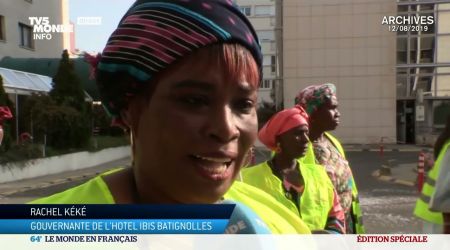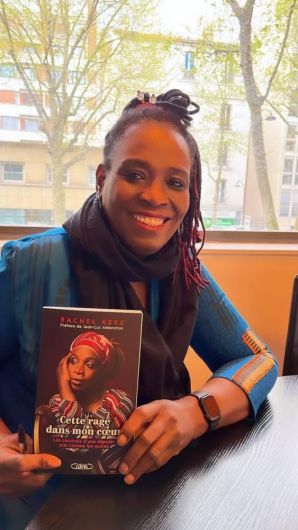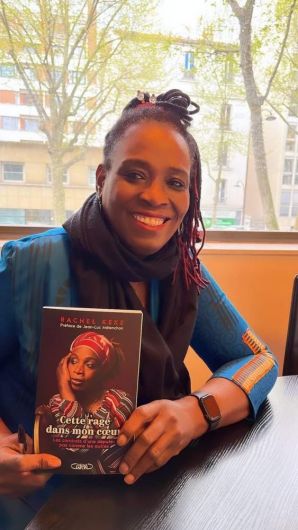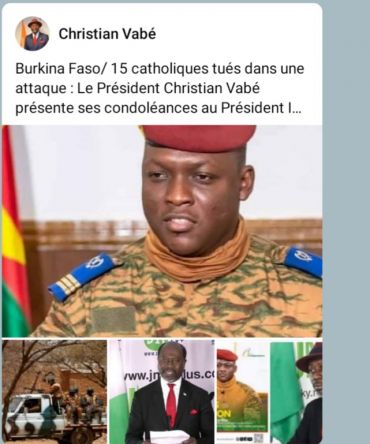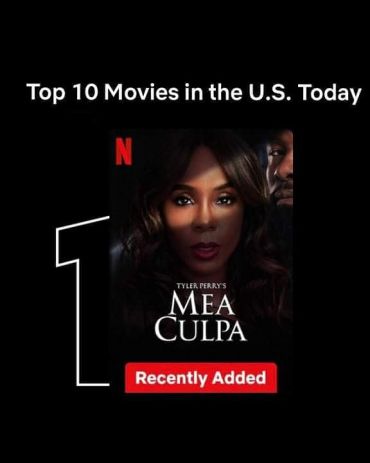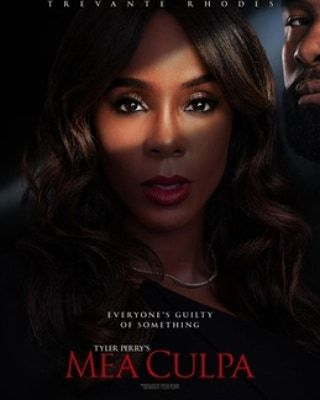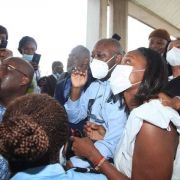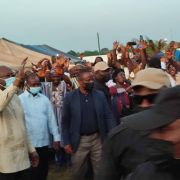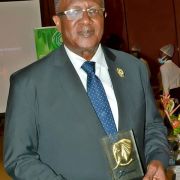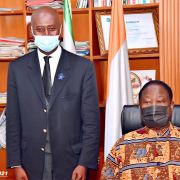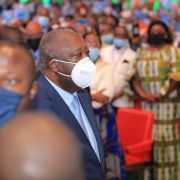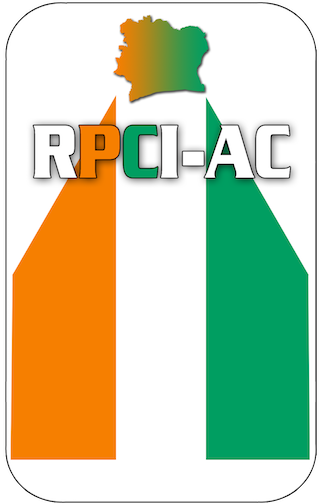Moscow questions use of force in Ivory Coast
MOSCOW — Russia questioned the use of force by U.N. peacekeepers in Ivory Coast on Tuesday, after peacekeepers backed by the French

MOSCOW — Russia questioned the use of force by U.N. peacekeepers in Ivory Coast on Tuesday, after peacekeepers backed by the French
military targeted Laurent Gbagbo's heavy weapons with attack helicopters.
"We are studying the legal side of the situation, because the peacekeepers had a mandate which obliges them to be neutral and impartial," Foreign Minister Sergei Lavrov said at a news conference with his Gabonese counterpart Paul Toungui.
Lavrov said Russia had requested an urgent briefing at the U.N. Security Council on the issue.
"So far we have not heard very clear answers to our questions," he said.
Gbagbo has defied international pressure to give up the presidency of the cocoa-growing country after a November election that U.N.-certified results showed his opponent Alassane Ouattara won.
More than 1,500 people have died in the standoff since, though the real toll is probably much higher.
Earlier on Tuesday, Russia's Foreign Ministry called for an end to fighting and the start of talks.
SANCTIONS
France, which has repeatedly called on Gbagbo to step down, said on Tuesday that it was not at war in Ivory Coast, its former colony. A French government spokesman said "we are applying the democratic will of the people."
The French Foreign Ministry said French forces intervened only in support of a U.N. resolution.
Russia, sensitive about foreign involvement in election disputes because of criticism of its own democracy record, earlier used the threat of a U.N. Security Council veto to quash a plan for potential military intervention in Ivory Coast by the West African regional group ECOWAS, according to diplomats.
But Russia voted with the other 14 Security Council members on March 30 for a resolution that imposed sanctions on Gbagbo's government and echoed earlier U.N. calls for him to step down.
In broader remarks, Lavrov said that all African nations, including Ivory Coast and Libya, should resolve their problems without foreign intervention, while the international community needs to stimulate political dialogue.
Russia let the U.N. Security Council resolution authorizing intervention in Libya pass by abstaining in the vote. Lavrov reiterated concern about the extent of the NATO-led coalition's military role and said Russia would seek clear limits on the mandate of outside forces in any future resolution.
By Alexei Anishchuk
Reuters

